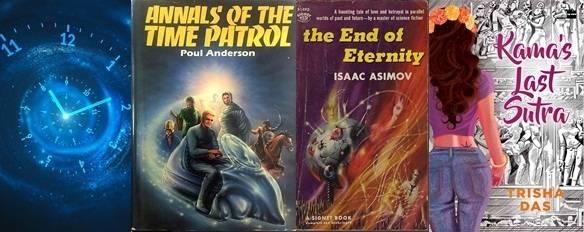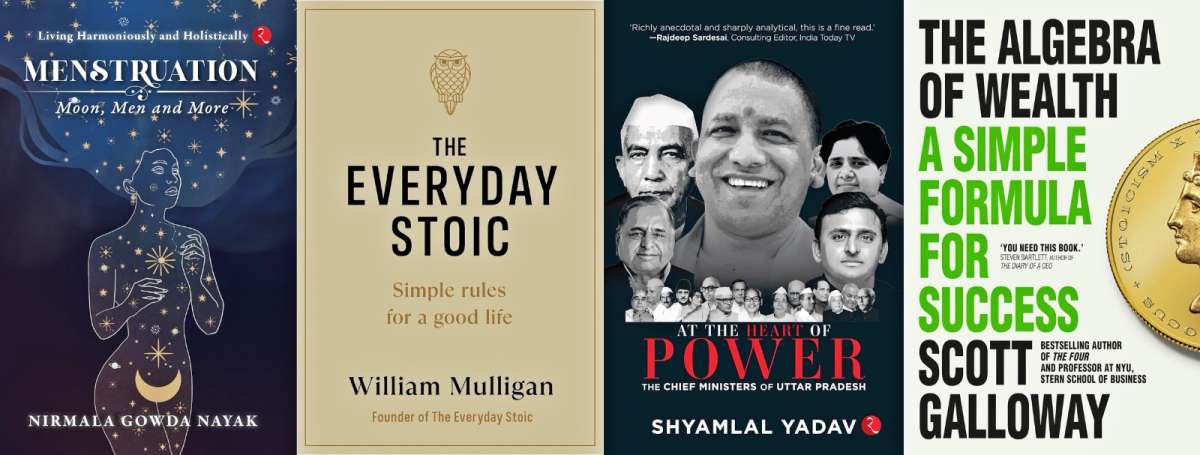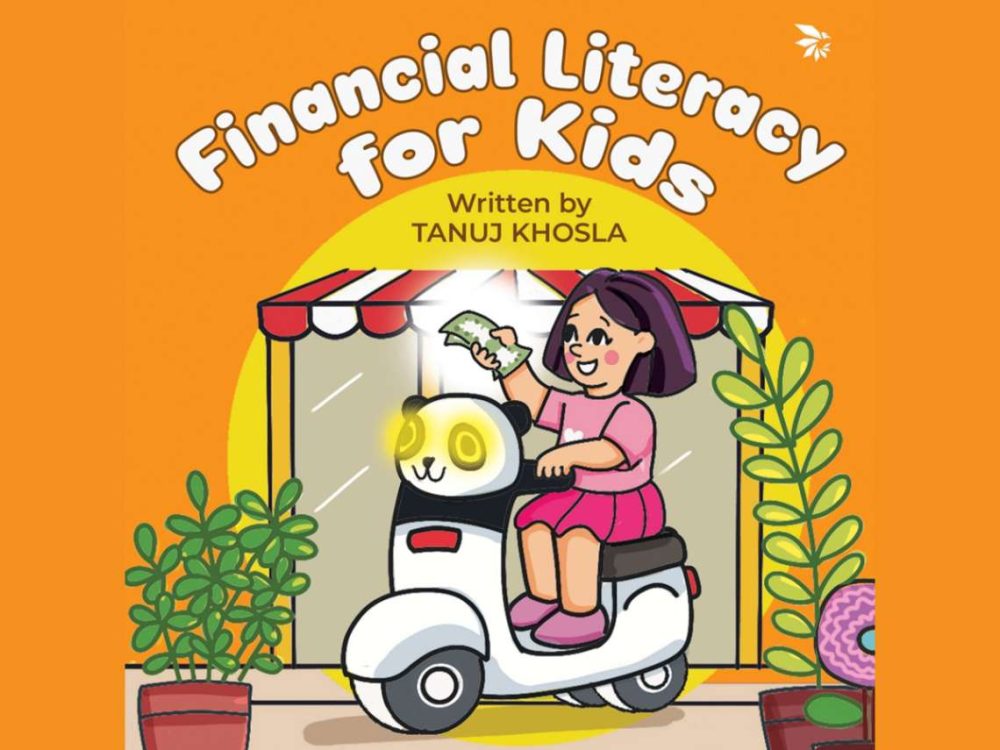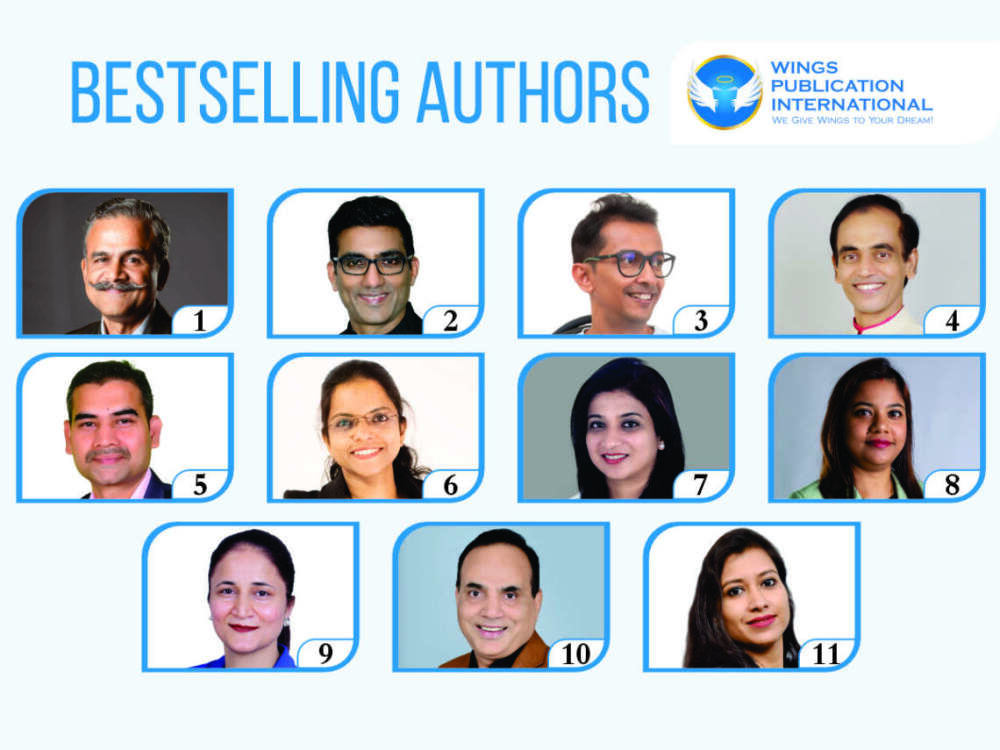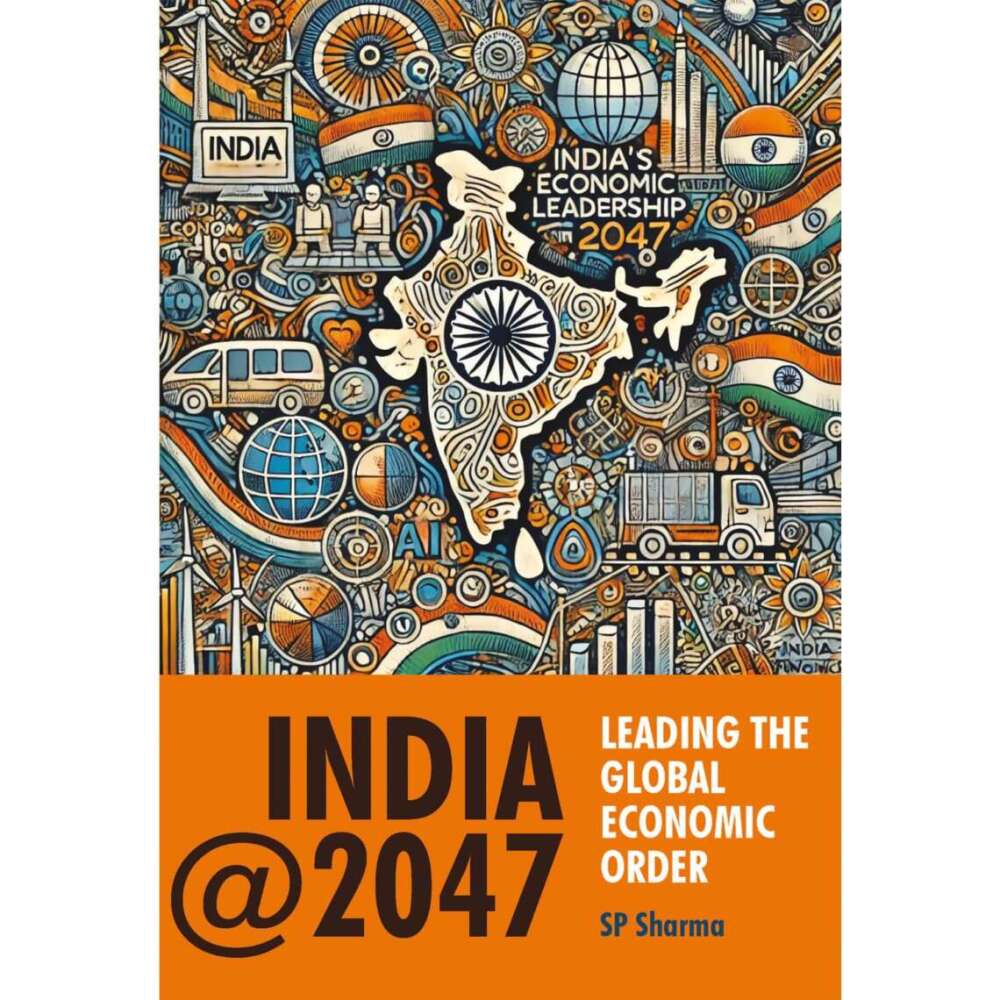These instances, and in early literary manifestations — “Rip Van Winkle” (1819) by Washington Irving and of several others, who sleep through the ages to awaken in the future — are more cases of time dilation than time travel. But that would soon change as science fiction emerged and flourished…writes Vikas Dutta
The most plaintive words, across languages, could be “If I could turn back time/the clock”. While what the future will bring hangs heavy on most people, and many may not forgo a way to plumb its secrets; while human science has yet to devise a way to enable time travel, human culture, especially its literature, has no such limitations.
Time travel across various media — from “Dr Who” to “Star Trek: The Original Series” (TV, films, spin-off novels), from Rod Serling’s “The Twilight Zone” to “Back to the Future” series, and from Harry Potter (remember the third installment?), to an array of science fiction masterpieces — shows that the trope has flourished for more than a century now, and become a staple of science fiction.
However, the earliest occurrences crop up in some unexpected places.
The Vishnu Purana tells us of the solar dynasty monarch Raivata Kakudmi, who travels to the abode of the celestial creator Brahma to consult him on a pressing matter. He only spends a day there but is surprised to find, on his return to the mortal realm, that several aeons have passed.
There are similar stories in other traditions too, especially of the “Seven Sleepers”, who hid in a cave to avoid persecution of the Christians in the then Roman empire, went to sleep, and woke up centuries later. A version is also found in The Quran (“Sura Al-Kahf”/”The Cave”).
These instances, and in early literary manifestations — “Rip Van Winkle” (1819) by Washington Irving and of several others, who sleep through the ages to awaken in the future — are more cases of time dilation than time travel. But that would soon change as science fiction emerged and flourished.
The idea of a device, or some unknown natural or supernatural occurrence, propelling the user into the future, or the past, is generally held to begin with H.G. Wells’ “The Time Machine” (1895), though Charles Dickens’ “A Christmas Carol” (1843), in which the miserly Ebenezer Scrooge is confronted with his past and future, and given a choice to change the latter, is an earlier example in some respects.
Among the earliest known works of time travel, by means of a device rather than supernatural power, is American journalist-author Edward Page Mitchell’s short story “The Clock That Went Backward” (1881), in which two boys go back in time and space, courtesy of the device, and make a mark in history.
As the story was targeted at younger readers, it did not create much of a splash.
Though Mark Twain’s “A Connecticut Yankee in King Arthur’s Court” (1889), about the eponymous hero travelling back to the era of the Knights of the Round Table and bringing in elements of the future, came first, it was Wells who laid the basis for the sub-genre of science fiction.
But to be considered a time travel story, a work must contain a few defining elements, such as a mechanism by which to travel through time, usually a time machine.
There is one more key element, which we’ll return to soon.
Time travel stories also come in various flavours.
One is about the inevitability of fate where the protagonists go to the future, only to find a dystopian world which is a consequence of happenings in their own time, and return to their time and try to prevent what they saw from happening.
They may or may not be successful, and if it is the latter, well, you can’t fight fate. The “Time Scout” books by Robert Asprin and Linda Evans are a good example.
Then there are the ones where a trip into the past shows that history is different from what they thought it was, and then they change it so that it conforms to what they “know” as history — they think they “changed the past”, but this has already been done. “There Will Be Time” by Poul Anderson, Eoin Colfer’s “Artemis Fowl”, Robert Heinlein’s “The Door into Summer” and some of his stories serve as examples.
Another variant sees the heroes go to the past because things went wrong there and they want to change it to make a better “present”. This throws up some sub-variants, especially when villains go to the past to change it so that the present is better for them (Austin Grossman’s uproarious superhero novel “Soon I Will Be Invincible”), and thus, bad for the heroes, who might follow them to foil the attempts (Terry Pratchett’s “Night Watch”).
And then, even sometimes well-intentioned time travellers heading to the past to try and make it “better”, may end up making it worse, either by altering the future for the bad, creating a situation where the cause-effect paradigm or even the fabric of reality is threatened, or drawing the adverse attention of entities who would like time to go as it was.
Then, there is what is known as “Hitler’s Time Travel Exemption Act”, where it is impossible to go back and stop a real-life bad thing from happening — say, killing Adolf Hitler before he comes to power, or savingJohn F. Kennedy from an assassin’s bullet. Either it makes things worse — the villain is replaced with an even more evil, but efficient, one or saving a hero has unwelcome consequences, or time itself will prevent this.
Stephen Fry’s “Making History” is what happens when you go back to eliminate Hitler, Stephen King’s “11/22/63” (about saving JFK), and Ben Elton’s “Time and Time Again” (about averting the assassination that led to World War I).
Getting trapped leaves our heroes stuck in the past, and they now have to find how to get to their present in the future, or wait for someone to rescue them. If they can’t, they have to choose between living a quiet life and trying not to interfere with the past, or using their future knowledge to make the past better.
Or they might discover that they’re in a situation and can’t change anything even if they wanted to. An example can be found in Books 2 and 3 (“The Restaurant At The End Of The Universe” — for the trapped part — and “Life, the Universe and Everything”, for the chancy rescue part) of Douglas Adam’s “The Hitchhiker’s Guide to the Galaxy”. Isaac Asimov’s “The End of Eternity” is about being unable to change anything.
Taking from the multiple worlds theory view of quantum mechanics, some stories presage a visit to the past and changes made there, creating an alternate timeline where the future will have changed, for better or worse, due to their intervention and they might not even be able to return there. (Asimov’s Norby series deals with this as well as Eric Flint’s “1632”, and its sequels by other writers too.)
Then there are the ones about organisations that patrol time and prevent changes which could affect the past/present/future, or threaten causality, space-time, or existence. Poul Anderson’s “Time Patrol” series is among the best.
The temporal paradox element focuses on time travel so affecting causality that it may lead to the time travellers not being able to make the trip at all, and this could lead to the end of time/the world, or their own existence, at the least.
If all this leaves you confused, don’t doubt yourself. It’s now time for one most essential feature of time travel stories left to be revealed — the mind games it entails. Our minds are so attuned to the unidirectional, unispeed movement of time, that the paradoxes and mess of causality that permeate and define it, leaves many struggling to grasp the leaps in logic demanded.
If you still are interested, begin with the anthologies by Mike Ashley for the Mammoth Book and British Library Science Classics series, or for Kindle readers, the Wildside Press Megapacks of time travel stories (four at the last count) for the shorter version, and a whole galaxy of the longer form. Indian examples are virtually absent, with just Shovon Chowdhury’s “The Competent Authority” or Trisha Das’ “Kama’s Last Sutra” qualifying.
ALSO READ-Books behind ‘battling films’


